The Hustler will update this page and provide comprehensive coverage of Vanderbilt’s plan. LAST UPDATED: 5:27 p.m CDT.
Vanderbilt posted the decision 9 a.m. CDT this morning to begin in-person classes Aug. 24 and conclude classes Nov. 20, with the last week of classes and final exams being held online through Dec. 13.
The announcement added that there will not be a fall break this year, and students will not return to campus following Thanksgiving break until the start of the spring semester.
Vanderbilt’s based the revised schedule “on current public health guidance regarding risks associated with coming and going to and from campus, and models suggesting a potential resurgence of COVID-19 cases with the onset of influenza season.”
Though Vanderbilt is planning on in-person instruction for the majority of the semester, the university may choose to transition to remote-only learning under certain conditions, including a sudden increase in COVID-19 cases and shelter-in-place advisories that only allow online learning.
“No refunds will be issued if the need arises to finish the semester remotely,” the website states.
Classes
All undergraduate students will be allowed back for in-person classes in the fall semester. Students must decide by June 26 if they want to take fully remote classes for the fall semester. The Office of the Registrar will reach out to students today with further details on the application process, the website said.
The University Registrar sent out an announcement through Your Enrollment Services (YES) stating that additional information about upcoming changes to the Fall 2020 schedule will be forthcoming. The website also stated that the University Registrar would reach out to all undergraduate students by mid-July regarding any specific scheduling or course-related changes. The email also states that information for graduate and professional students will be communicated by their deans’ offices.
“Incoming first year students and transfer students will continue to register for fall classes through June 26 using the current fall schedule. This will help capture class demand and inform schedule revisions. Later in July, a revised undergraduate fall schedule will be published in YES. Students will be given a registration window and will have the opportunity to review the new schedule options in advance of their registration window,” the university website states.
Individual coursework may involve evening and weekend classes, as well as blends of traditional and online learning for undergraduates. Class schedules will be adjusted to account for social distancing protocols of six feet between students, and in-person classes will be smaller, the statement said.
“Classroom protocols are being finalized based on careful study and close consultation with experts at Vanderbilt University Medical Center and our School of Nursing as well as national, state and local public health officials,” the Classroom Protocols tab on the website states. “Academic leaders, faculty, and students are all contributing to those protocols. Deans will share protocols with faculty by July 1, and those protocols will also be posted here.”
Safety Protocols
All undergraduates must complete a COVID-19 test prior to arrival on campus and will be tested upon arrival. The university will be partnering with the VUMC and School of Nursing to accomplish their goals of symptom monitoring, testing, rigorous contact identification and tracking, and quarantining and isolating. More information regarding testing requirements and further plans will be released July 15.
“Any student, faculty, staff member or postdoc identified as a contact of someone who has tested positive for COVID-19, defined as having been within 6 feet of that person for 15 or more continuous minutes, will be tested. We are also considering periodic testing of different university sub-populations,” the university message to faculty reads.
Vanderbilt is also asking that “students stay in the Nashville area and not travel away from campus for weekend trips through the end of in-person classes on Friday, November 20.”
The university states their core goal is the prevention of the infection. To accomplish this, Vanderbilt will be using symptom monitoring and temperature checks, mandatory face masks/coverings, public hand-sanitizer stations and physical distancing. Students returning to campus must sign an acknowledgment of such protocols.
The Return to Campus website states that high-touch surfaces will be disinfected twice daily with disinfectant wipes available in classes. Whenever possible, doors will be automated, and entrances and exits will be specified. Hand sanitizer dispensers will be placed at entrances, exits and elevators, the website states.
Vanderbilt will also be employing enhanced cleaning protocols and changes to foot-traffic flow through buildings and on-campus pathways.
Vanderbilt stated in their faculty message that they would provide cloth face masks/coverings to every faculty and staff member on campus. The university also claimed to have additional supplies of protective gear, including disposable masks and hand sanitizer.
“Since we launched Vanderbilt Phase 1 on May 18, more than 1,700 people have returned to campus as part of the research ramp-up and are successfully putting these measures in place on a daily basis,” the faculty message states.
The university has also allocated locations for students who are ill or need to quarantine.
“Blakemore House (an on-campus residence hall) and Scarritt Bennett Center (an off-campus property operated by the university and located in close proximity to campus) will be used for student quarantine and isolation space,” the Campus Housing tab reads. “The full quarantine and isolation plan is being finalized and will be shared with the campus community when it has been completed.”
Student Accountability
All community members returning to campus must sign the COVID-19 Return to Campus Acknowledgment. This acknowledgment outlines the “risks and responsibilities” associated with the return to campus. Vanderbilt community members must also “comply with all university policies and protocols designed to reduce the spread of COVID-19 infection and promote the health and safety of the Vanderbilt and Nashville communities.”
For students who show “intentional or reckless disregard” for the policies, the Office of Student Accountability, Community Standards, and Academic Integrity will use the existing sanctioning considerations found in the Student Handbook.
Housing
Vanderbilt has divided housing into three categories: first-year students, returning upper-division students and student-athletes.
According to the Housing tab of the Undergraduate Students and Faculty page, first-years will not have roommates for the 2020-2021 school year but will be assigned virtual roommates. First-year students will also switch housing assignments between the fall and the spring semester, and they may not request any specific rooms throughout the process.
First years “will be housed in The Martha Rivers Ingram Commons, Branscomb Quadrangle and Carmichael Towers East using a random assignment process,” the website reads.
Such changes are in an effort to reduce population densities within each residential hall while also ensuring that every first-year will live on Commons for at least some portion of the year, the statement said.
For returning upper-division students, the university has granted additional requests for off-campus housing and required all incoming transfer students to live off-campus for the 2020-2021 academic year. Occupancy rates in Morgan and Lewis houses will decrease, the statement said.
According to the website, the university will not demolish Carmichael Towers I and includes it in the list of upper-division residence halls. On July 5, the housing assignment process will resume for those who do not already have a room assignment and are still seeking on-campus housing.
The housing process will resume July 5, and details regarding that process will be communicated prior to the resumption. The university also anticipates multiple move-in dates this fall, which will be announced in July.
Graduate Students
The calendar for the Graduate School follows the undergraduate calendar. The Graduate and Professional Studies tab states that each school and college will share more detailed information with their respective students as soon as possible.
“At Vanderbilt, connections and collaborative relationships push our scholarship, research, leadership and creative expression even further,” the site reads. “The graduate and professional student experience at Vanderbilt not only allows students to connect with faculty experts in their chosen field but also develop friendships and professional networks with their fellow students.”
International and/or Remote Students
Vanderbilt classes at both the undergraduate and graduate levels will be offered through virtual and alternative platforms if international students are unable to return to campus due to visa and travel restrictions.
Undergraduate students who cannot return to campus due to personal circumstances or travel restrictions will need to notify the university of their decision to take classes remotely through the “Remote Study Selection” application, which will become available on YES June 16. The deadline to fill out the application is June 26; after this deadline, students will not be able to apply for remote-only instruction. If a student’s situation changes and they are able to return to campus for in-person classes for the spring semester, they will be allowed to do so.
Students who opt for remote-only instruction will still be required to pay the Student Services Fee of $688.50 per semester, as it includes remote access to services like mental health counseling for students who live in states where remote counseling is legal, career coaching, Immersion advising sessions and more. Remote-only students will not have to pay the First-Year Experience Fee or the Residential College Fee.
Athletics
Vanderbilt athletics announced on Tuesday that they are in Stage A of their return to campus plan, but did not specify how many stages there would be. Stage A allows for only the football team to return to campus for voluntary workouts, but the locker rooms will remain closed and all team meetings will be held virtually.
Student-athletes will follow various safety protocols that include COVID-19 testing and pre-participation physicals, daily screening and symptom monitoring and enhanced disinfecting protocols, among others.
Activities will ramp up throughout the summer and the size of the coaching staff—which is limited in Stage A—will expand. Football is aiming to start preseason practice in early August.



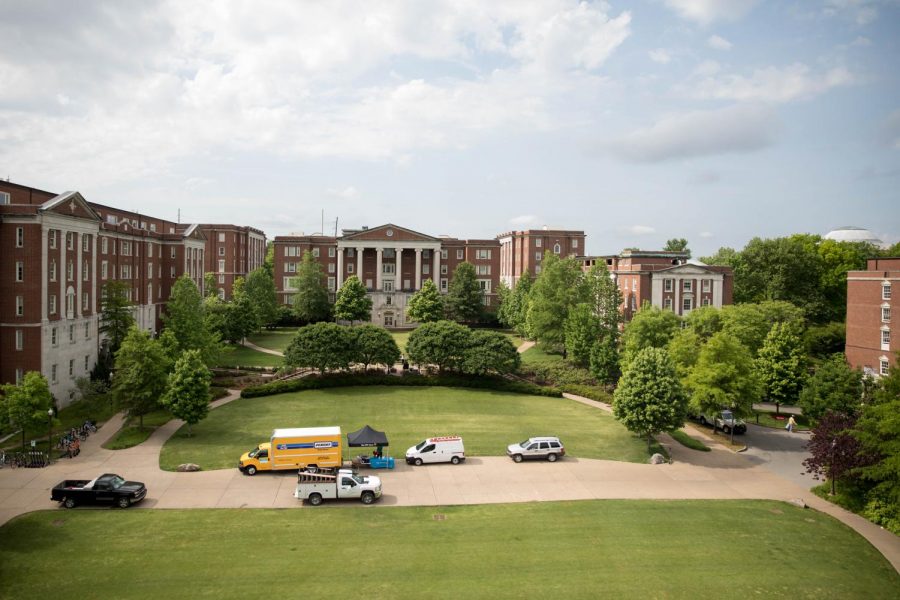
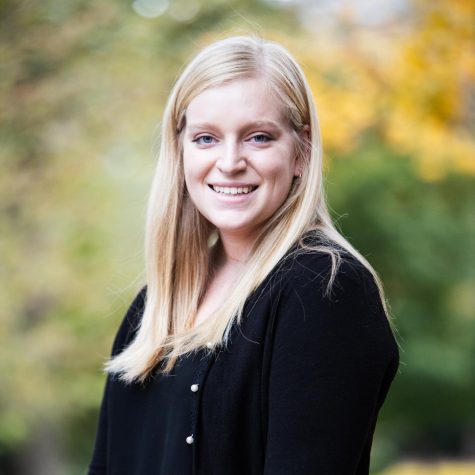


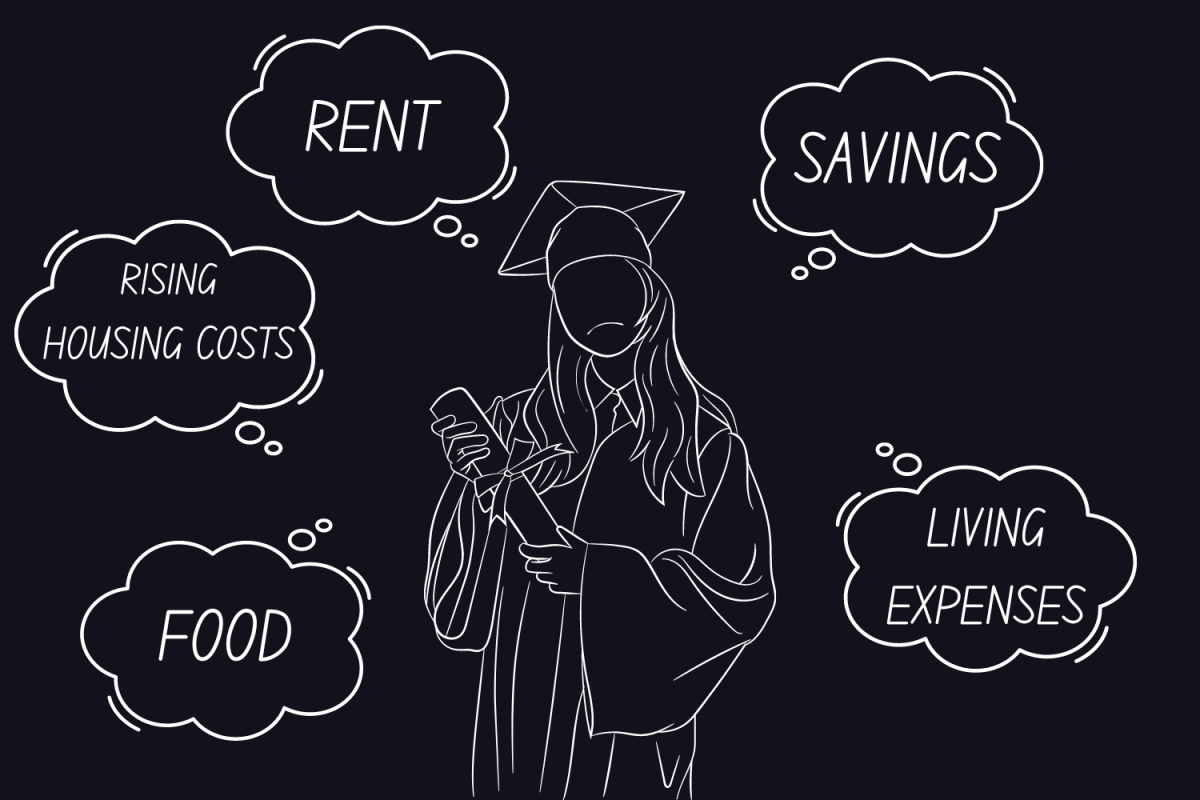
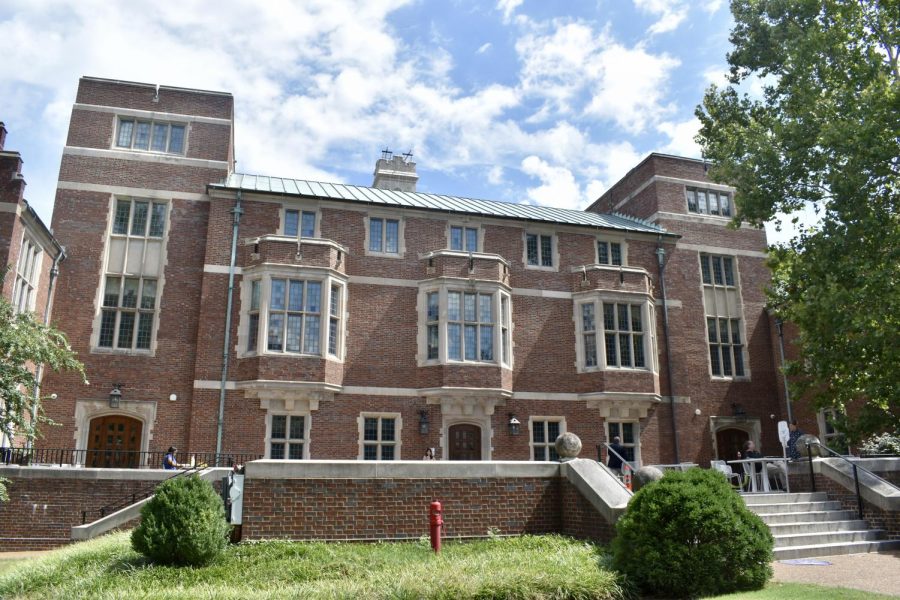
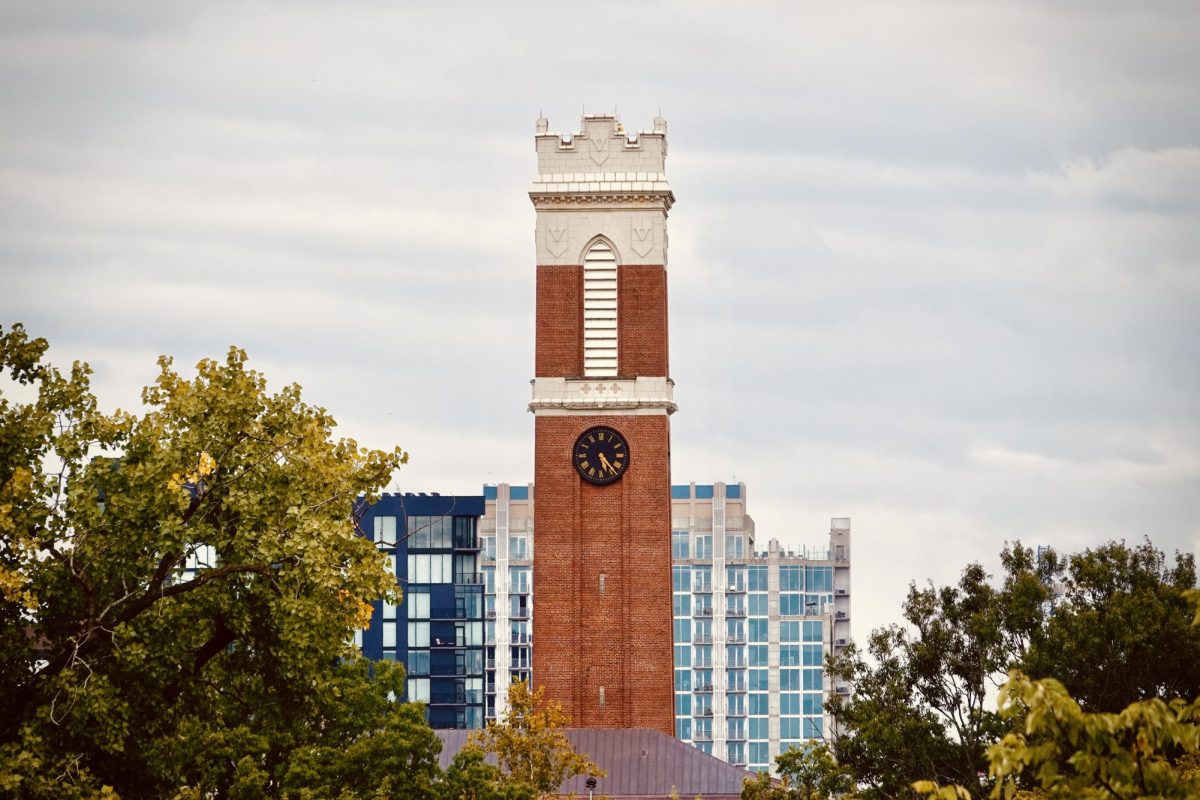

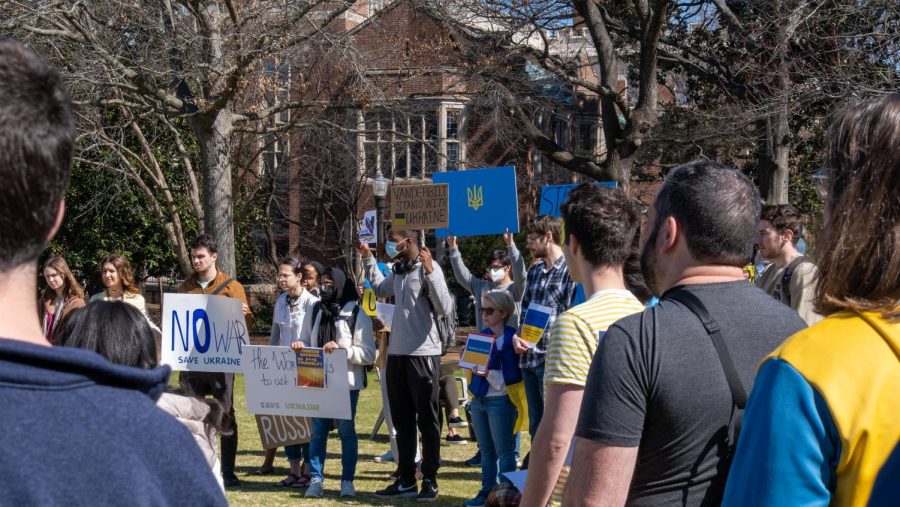
Rip Towers • Jun 17, 2020 at 3:52 pm CDT
Towers was destroyed by residents last year seeing that it was slated for demolition. They’re going to have to put a lot of work into making it habitable again…. And not like graduates are going to pay fines that Vanderbilt may give out.